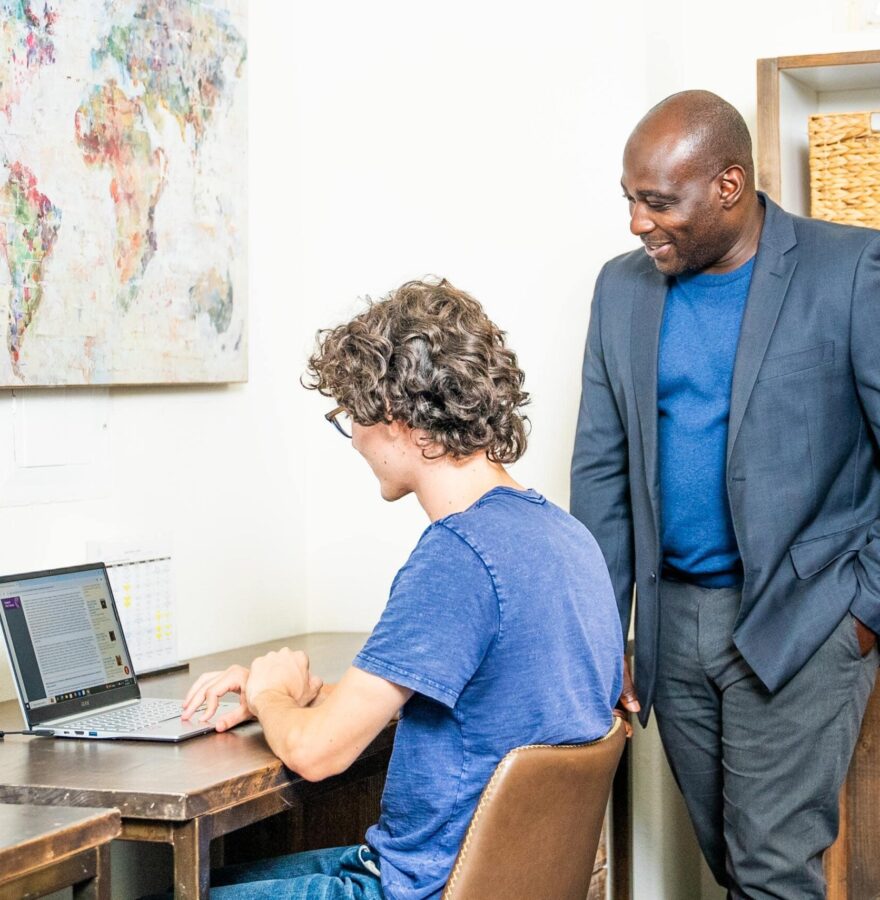What Parents Can Expect At Beachside Teen
Parenting a teenager struggling with mental health or behavioral issues can be an emotional rollercoaster. You may feel anxious, hopeful, sad, frustrated, and even confused. These feelings are normal, and knowing what to expect from a residential treatment center can help you manage them while providing the support your teen needs to heal.
At our Beachside, we offer a standard 90-day treatment program because research shows that this timeframe leads to the most significant progress for teens. A study published in the Journal of Adolescent Health found that longer stays in treatment significantly improve outcomes for teens struggling with emotional and behavioral challenges.
Here’s a breakdown of what to expect during each 30-day phase of our program:
Evidence-Based Therapeutic Modalities
We offer evidence-based therapy for teens to help them develop the coping skills they need to manage their symptoms. Some of the therapies we use include:
- Cognitive-Behavioral Therapy (CBT)
- Dialectical Behavior Therapy (DBT)
- Psychodynamic Therapy
- Family Therapy
Therapeutic Activities
In addition to evidence-based therapy, your teen will participate in a variety of individual and experiential therapies, including surf therapy, equine therapy, and art therapy.
While your teen might enjoy some therapies more than others, it’s important to encourage them to engage fully, even with activities they initially resist. These therapies are designed to promote self-discovery and healing, even when they require effort and vulnerability.
Academic Support
Education remains a priority while your teen is in treatment. We provide tailored academic support to help them stay on track or catch up with their peers. Whether they’ve fallen behind or faced challenges in school, we work to ensure they’re prepared to return to their academic environment with confidence.
Our academic support staff will also work directly with your teen’s school to ensure we follow their current curriculum.
Minimized Contact with Home
One of the most challenging aspects for parents is the limited contact with their teen. While we keep you updated on your child’s progress, direct communication is restricted to create a focused environment for your teen’s recovery. This allows your teen to prioritize their growth without external distractions and helps break unhealthy patterns that may have contributed to their struggles.
It’s important to see this as a positive step toward independence and healing, even if it feels difficult at first.
Deflection and Ups and Downs
Expect your teen to experience moments of deflection—where they may shift blame or resist treatment. It’s natural for parents to hope for immediate improvements, but healing is rarely a linear process. There will be highs and lows, and setbacks are a normal part of recovery. Avoid rescuing your teen from these challenges, as it’s essential for their growth to face and work through obstacles.
Start Here: Parent Quizzes to Help You Understand Your Child

What Parents Can Expect At Beachside Teen
The Need for Family Recovery
While your teen is the identified patient, healing the family unit is crucial for long-term success.
Family therapy sessions can help address communication breakdowns and unresolved issues that may have contributed to your teen’s struggles.
It’s normal to feel uncomfortable when reflecting on how family dynamics may have played a role, but this self-awareness can lead to meaningful change. No one expects you to be a perfect parent, and our team is here to support you in addressing challenges with compassion and honesty.
The Importance of Open-Mindedness
We encourage you to remain open to individual therapy for yourself in addition to family sessions. Adjusting expectations and learning new ways to support your teen’s recovery can be difficult, but professional guidance can help ease the transition. Remember, the work you do as a parent can significantly impact your teen’s ability to sustain their progress.
Having a child in residential treatment is a journey for the entire family. By maintaining an open mind and committing to your teen’s recovery process, you’re creating the best possible foundation for their future success. Together, we can help your teen rediscover their strength, resilience, and potential.
